I’ve been wanting to write this for quite a while now, but was waiting for the perfect caffeinated morning where my thoughts made sense on paper (err, on the computer screen). I want to preface this by saying that I totally know and appreciate that everyone starts somewhere! Every amazing birth photographer out there once shot their very first birth. I’m not trying to insult anyone, tell you who to hire, or police how others run their business… but rather, to highlight some important points.
Me & my friend Kaylee (also a Red Deer doula/birth photographer) were chatting yesterday, and this topic came up. We were discussing how being a birth photographer is weird, because you’re in the photography industry, but also uniquely a part of the birth industry. I shouldn’t speak for all birth photographers out there, but I know that a lot of us started out as doulas. For a lot of us, it was birth that brought us to photography, not photography that brought us to birth. For me, that was most definitely the case. I have been a doula since early 2014, just over 6 years now, and started my birth photography journey in 2017. I found that I would attend these births, and that I would be so amazed by what happened, yet no one had picture proof of the beauty that unfolded. If you follow me on Facebook or Instagram, you might have also read my post about my regrets on not having any photos from my first son’s birth, and that is also a huge reason why I got into birth photography. I sound like a broken record, but I truly believe in the power of these images, for so many reasons. They are sentimental and sacred, they are educational tools, they are something that helps us process our experiences.
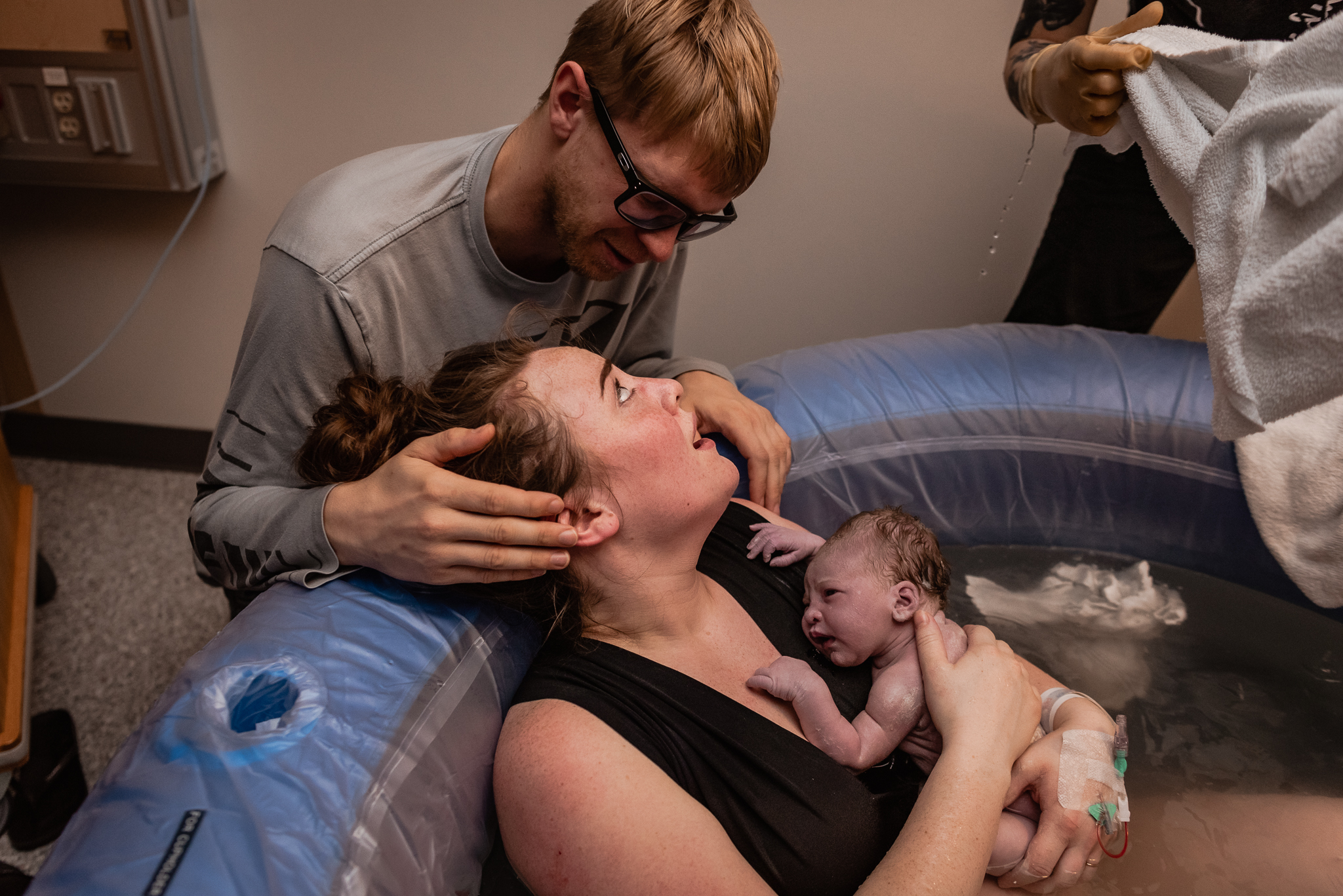
But back to the subject at hand: choosing your photographer. What is the difference between a birth photographer, and a photographer who will do birth?
In my opinion, one of the biggest (if not THE biggest) differences is a knowledge of the labouring, birthing, and postpartum process. Much like you would want to look for a wedding photographer who is knowledgeable with weddings, timelines, and vendors, or a newborn photographer who is knowledgeable with infant safety & handling, you want to be sure that your birth photographer is knowledgeable when it comes to the physiological process, and working in the birth space. Like I said above, most birth photographers started out as doulas, or have taken some sort of doula workshop, childbirth education training, or similar. We are a part of our local birth community, and we are familiar with our local hospitals, OBs, and midwifery practices. We are comfortable with birth (hospital, home, water, cesarean, vbac…) and all of the variations of normal we encounter, and we bring a non-judgmental attitude to your space. We stay up to date on birth education and evidence based practices, and we know how to act appropriately in the birth space and how to read a room or situation. We know not to talk during your contractions, and we know to get the heck out of the providers way if they call a shoulder dystocia. When we get a phone call saying “I’m feeling a bit shaky” and we hear that grunt in your voice, we know exactly what that means, and we “START THE CAR”!! We are more than just a photographer, we are a member of your birth support team. We may attempt to be more of a fly on the wall because we know that birth progresses best when undisturbed, but alternatively, we’re also right in there with you, encouraging, and showing your partner where to press on your back, if that’s what you need.
Another huge thing to think about is availability and reliability. Unfortunately, for birth photographers who have been doing this long enough, it’s not an uncommon story to hear of families being left astray last minute, because the photographer they hired can no longer make it and doesn’t have a backup secured, and the family is now frantically trying to fill their spot while in labour (and yes… I have received this call). Birth photographers generally guarantee their on-call commitment from 38 weeks until birth (however, that doesn’t mean they won’t be able to make it before 38 weeks, it just means they might have to pack their bag quickly and get gas on the way). We are used to being called in the middle of the night, and we encourage it. When we are on-call, we don’t leave town (very far, anyways), we don’t drink, we check our phone about 500 times before bed to make sure it’s charging and on loud (it’s a legitimate obsession), we have childcare prepared, gas in our tank, and our gear charged and ready. We also have backup professional birth photographers in case we get sick, or to cover us in the event of an emergency.
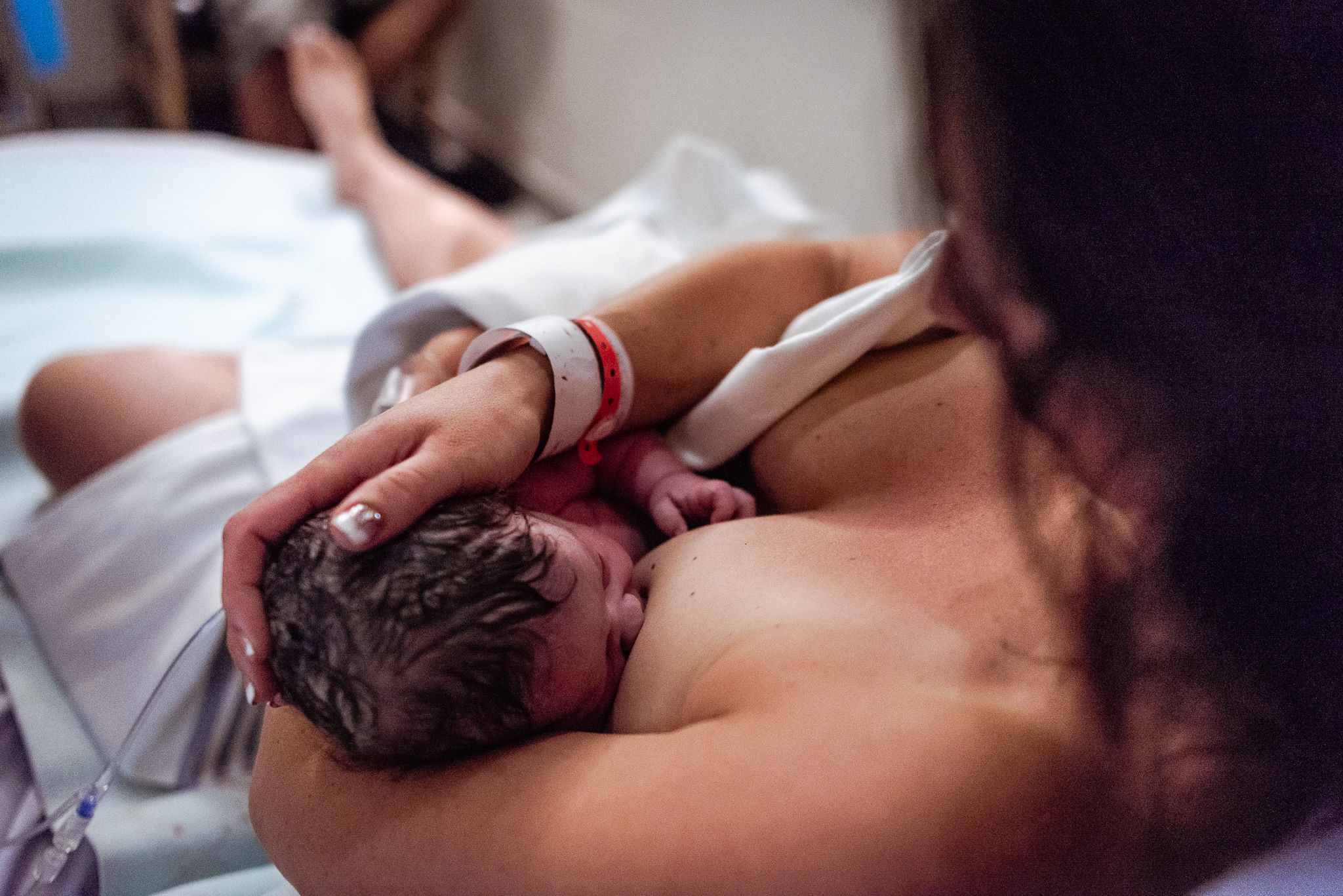
Aside from the birth specific points, there are also the technical details. Birth can often be one of the most difficult genres to photograph. Imagine getting a wedding inquiry that said “Hi, I’d like you to photograph my wedding.. I have no idea what date or time it will be so I’ll need you to clear your schedule for 2-4 weeks, we might only need you for 6 hours but we might also need you for 30 hours, it will probably be pitch black aside from the yellow fluorescent light in the hallway, and for the most important shots of the event you’ll probably be shoved into a corner with no elbow room, and only awkward angles to work with.”. Yep, that sounds accurate (and is also why birth photography shouldn’t be dirt cheap, but that’s a topic for another post)! Birth photographers know how to work with low light, undesirable angles, fast paced situations, and potentially high stress conditions. Of course, we are well aware of the importance of what we are documenting, and we take great care of the images or video we capture, making sure we are shooting on dual memory cards, and backing up your files as soon as we arrive back home.
You might be thinking “Well, there is no regulating body for birth photographers, so they don’t need to hit any of these check points..” and you are absolutely right! All the more reason why it’s important to vet the person you will have as a part of your team, to make sure they are knowledgeable and professional. I hate to say this, but it must be said – unprofessionalism has the potential to harm our entire industry, and put a bad taste into the mouths of the hospitals and care providers we work alongside. Professionalism is a must!
If you’re a photographer out there who wants to venture into birth, I do highly recommend taking some sort of childbirth education or doula training before you start working in birth spaces. Also, the Birth Becomes Her “Essence of Birth” course is a great resource.
Hopefully this blog posts sheds some light on why birth photography is a specialized industry, and why birth photographers wear their figurative “birth worker” hat with pride!
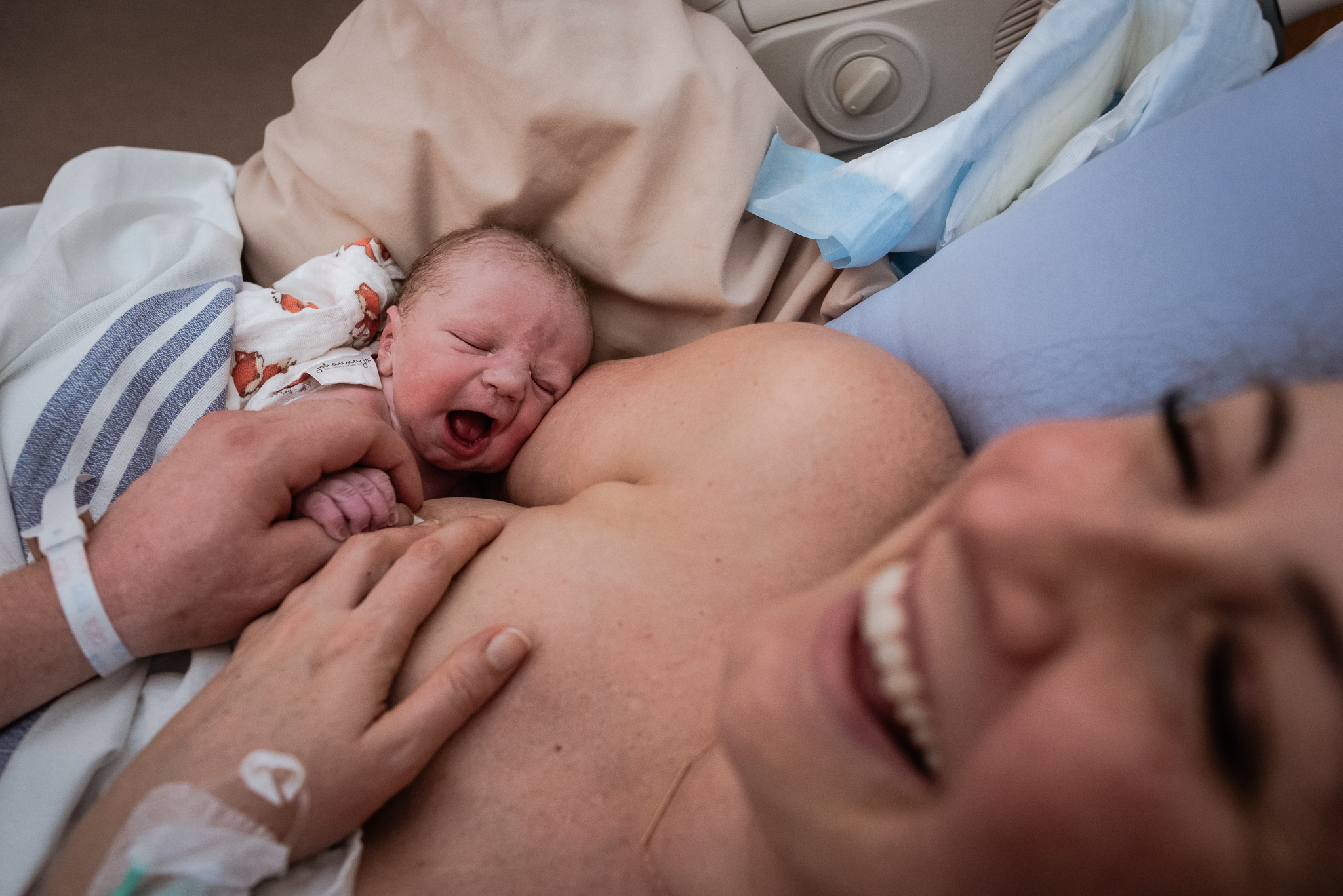

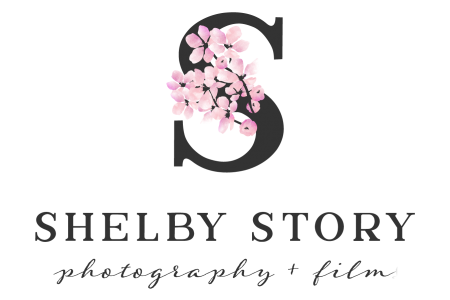
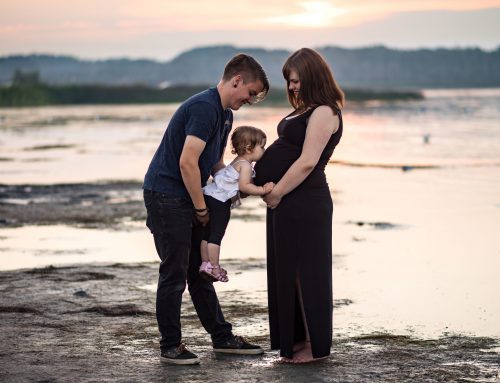
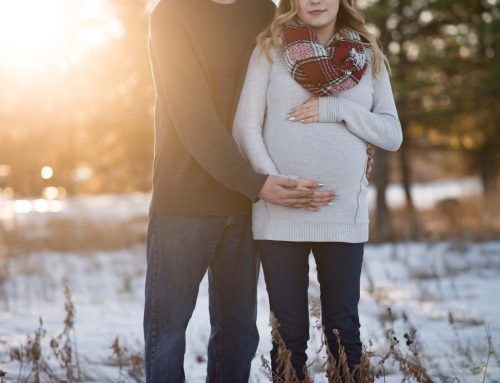
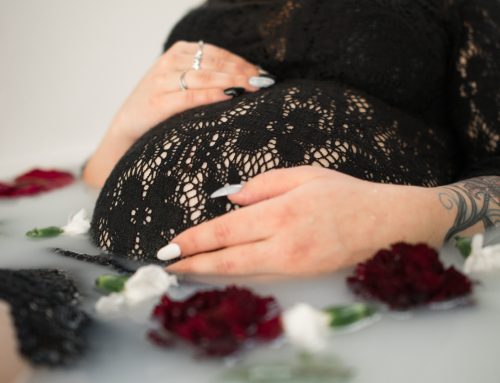
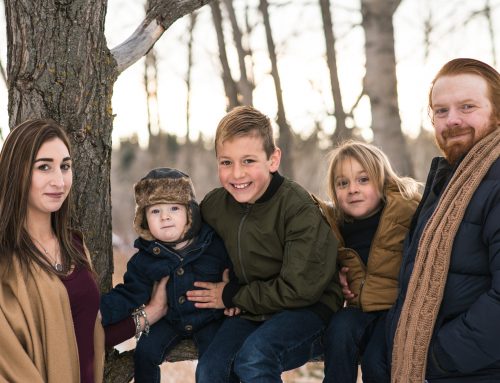
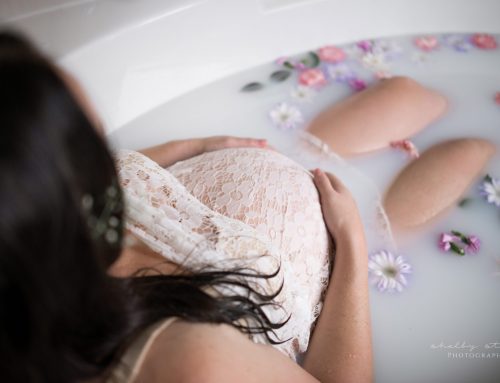
It’s very lovely post and I think written in very sensitive way. I fall into category “photographer who will do birth” at the moment because I have to start somewhere and my starting point unfortunately isn’t being doula or midwife. I think it is a lot about communication and how you set the expectations and I tell my clients from start that I am off call, they pay for off call and they know it from the start. Even though I have back up and I really don’t want to miss anything I don’t want to give the impression that i will 100% in there because it might unfortunately not happen. They know I am just starting too. So far it worked good for everyone and I hope with time I will make that transition and become real birth photographer 🙏🏻
Absolutely, communication and expectations are everything! Like I said, even the best of the best were once just starting out! I wish you luck in your birth photography journey 🙂
Great content! Keep up the good work!